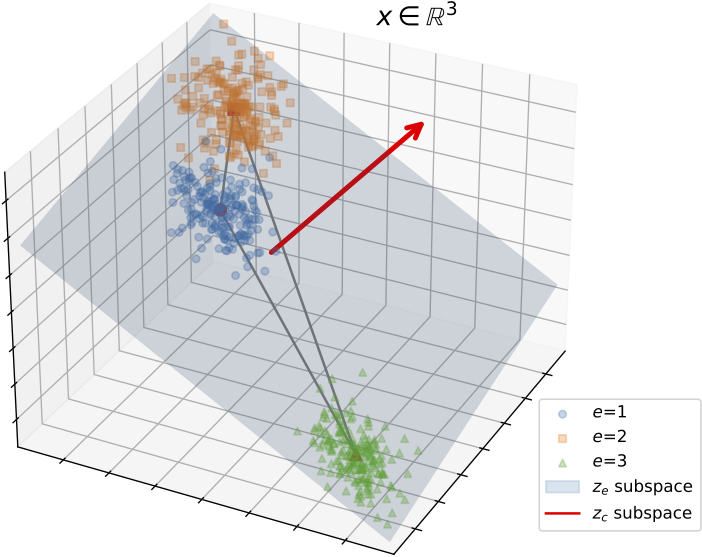Provable Domain Generalization via Invariant-Feature Subspace Recovery
Domain generalization asks for models trained over a set of training environments to perform well in unseen test environments. Recently, a series of algorithms such as Invariant Risk Minimization (IRM) has been proposed for domain generalization. However, Rosenfeld et al. (2021) shows that in a simple linear data model, even if non-convexity issues are ignored, IRM and its extensions cannot generalize to unseen environments with less than $d_s+1$ training environments, where $d_s$ is the dimension of the spurious-feature subspace. In this paper, we propose to achieve domain generalization with Invariant-feature Subspace Recovery (ISR). Our first algorithm, ISR-Mean, can identify the subspace spanned by invariant features from the first-order moments of the class-conditional distributions, and achieve provable domain generalization with $d_s+1$ training environments under the data model of Rosenfeld et al. (2021). Our second algorithm, ISR-Cov, further reduces the required number of training environments to $O(1)$ using the information of second-order moments. Notably, unlike IRM, our algorithms bypass non-convexity issues and enjoy global convergence guarantees. Empirically, our ISRs can obtain superior performance compared with IRM on synthetic benchmarks. In addition, on three real-world image and text datasets, we show that both ISRs can be used as simple yet effective post-processing methods to improve the worst-case accuracy of (pre-)trained models against spurious correlations and group shifts.
PDF Abstract


 CelebA
CelebA
 CUB-200-2011
CUB-200-2011
 MultiNLI
MultiNLI